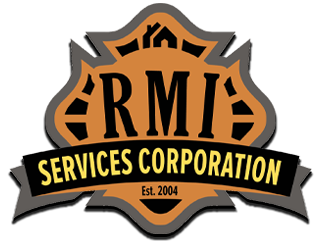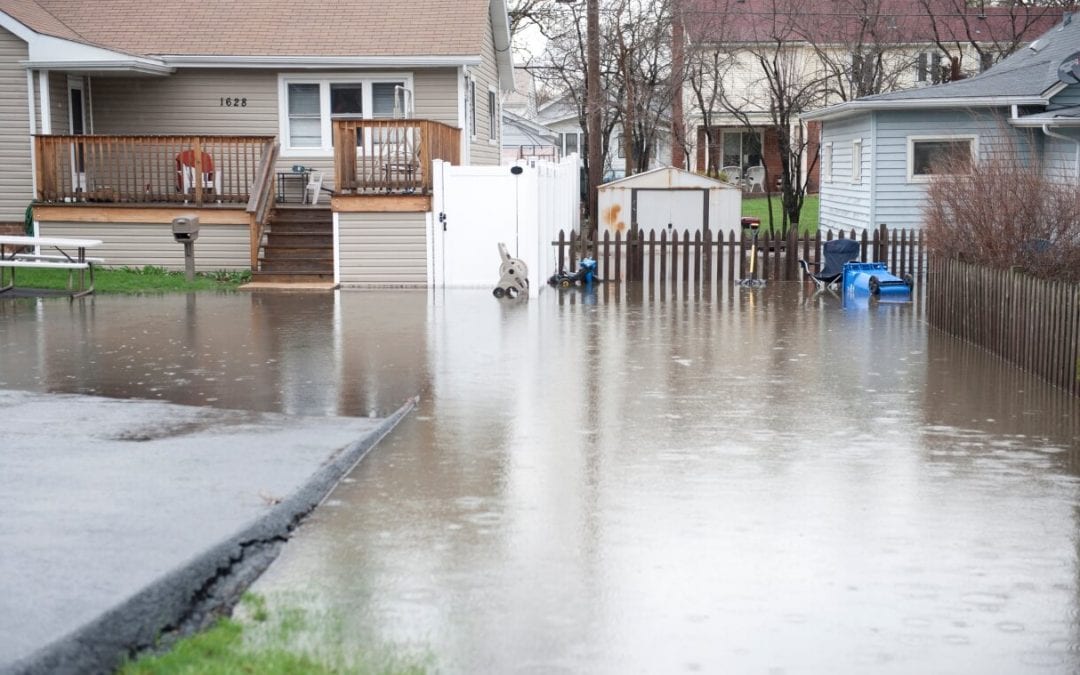Make the Area Safe
Before you wade into a flooded basement or enter any areas of standing water, make sure the power is turned off at the breaker box. Electricity travels through water and you don’t want to risk a shock.
Next, try to determine what type of water has flooded the house. Clean water is from rain or the main water pipes. It isn’t contaminated and should be safe for you to clean on your own.
Gray water comes from washing machines and dishwashers and may be full of dirt, debris, and bacteria. It is relatively safe to clean gray water on your own, however, be sure not to ingest it and to wear proper safety gear.
Black water is harmful and can cause health problems. This type of water is usually from a backed-up sewage system and will contain bacteria and waste. Call in a professional to deal with black water.
Document Residential Water Damage
Before clean-up begins, take photos of the flooding and any damages to document the condition of your property. If you are planning to file a claim with your homeowners insurance, these pictures will likely be necessary.
Remove Water from the Area
For cleaning a small amount of water, a wet-dry vacuum may be all you need. In the case of more significant flooding, a pump will be helpful. Remove flood waters slowly, about ⅓ of the water volume per day is recommended. Pumping water out of the area too quickly may cause floors to buckle and walls to collapse.
Use Fans to Dry the Home
In moist conditions, mold can begin to grow in as few as 24 hours. Open windows and turn on fans to promote circulation and speed the drying process. Use a dehumidifier in the area to further reduce the chances of mold forming.
Even after drying the home, be on the lookout for mold growth. This is a concern after any water damage or flooding. Look for dark spots or streaks on surfaces and take steps to remove the mold as soon as it is discovered.
Cleaning Up After Residential Water Damage
After you have dried the area, disinfect the items in the space. Many things may not be salvageable since water damages almost everything it soaks. Throw out any fabrics or porous materials. Renting a dumpster is a convenient way to dispose of the damaged contents from the flooded area.
RMI Inspection Services provides home inspection services to customers in South Florida. We are also a certified water restoration firm. Contact us to schedule an appointment.

